Oh hello there! It’s always great to see you. Today, I wanted to share with you something that I recently came across - the Montreal Cognitive Assessment (MoCA) test. Now, I know what you’re thinking - a cognitive assessment test? Sounds boring. But trust me, this test is anything but boring.
First Image:
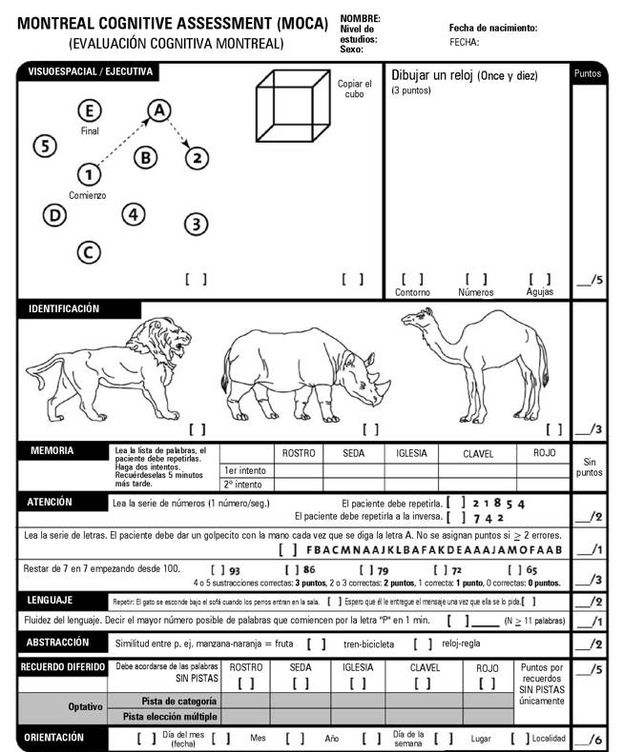 Now, you might be wondering what exactly the MoCA test is. Well, it’s a simple yet effective screening tool used to detect mild cognitive dysfunction. It consists of 30 questions that assess various cognitive domains such as attention and concentration, memory, language, and visuoconstructional skills. The test takes about 10-15 minutes to complete and has been widely used in clinical settings to assess cognitive impairment in patients with dementia, Alzheimer’s disease, and other related disorders.
Now, you might be wondering what exactly the MoCA test is. Well, it’s a simple yet effective screening tool used to detect mild cognitive dysfunction. It consists of 30 questions that assess various cognitive domains such as attention and concentration, memory, language, and visuoconstructional skills. The test takes about 10-15 minutes to complete and has been widely used in clinical settings to assess cognitive impairment in patients with dementia, Alzheimer’s disease, and other related disorders.
Second Image:
 Now, you might be thinking - why should I even care about the MoCA test? Well, cognitive impairments can affect anyone, regardless of age or gender. They can have a significant impact on quality of life, social functioning, and overall well-being. By identifying cognitive impairments early on, individuals can receive appropriate interventions and treatments to help slow down or even prevent further decline in cognitive function.
Now, you might be thinking - why should I even care about the MoCA test? Well, cognitive impairments can affect anyone, regardless of age or gender. They can have a significant impact on quality of life, social functioning, and overall well-being. By identifying cognitive impairments early on, individuals can receive appropriate interventions and treatments to help slow down or even prevent further decline in cognitive function.
Third Image:
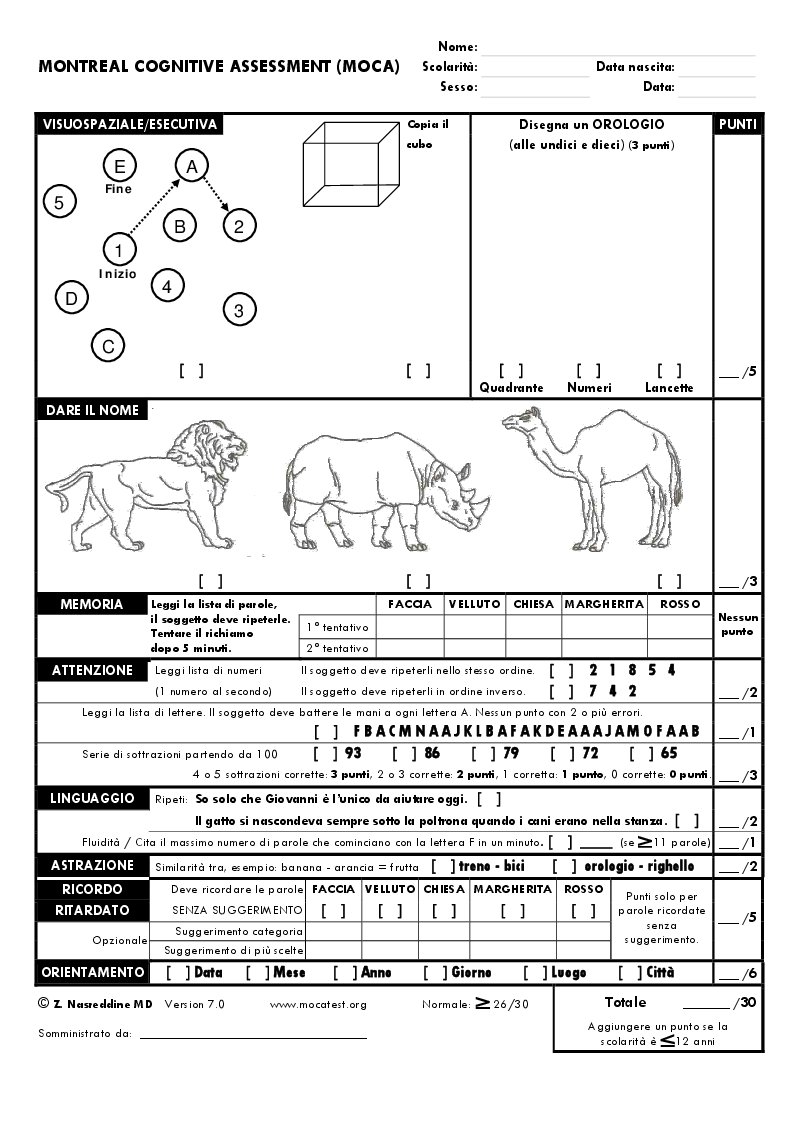 So how can you take the MoCA test? Well, luckily enough, there are printable versions available online like the image above. You can also take it online through various platforms, but it’s always a good idea to consult with a healthcare provider if you have any concerns about your cognitive function.
So how can you take the MoCA test? Well, luckily enough, there are printable versions available online like the image above. You can also take it online through various platforms, but it’s always a good idea to consult with a healthcare provider if you have any concerns about your cognitive function.
Fourth Image:
 One thing to note is that the MoCA test is not a diagnostic tool and should not be used to diagnose any cognitive disorders. Instead, it’s a screening tool that can help identify potential cognitive impairments that warrant further evaluation by a healthcare provider. So if you or someone you know is experiencing memory or cognitive problems, it’s important to seek medical attention and get the proper evaluation and testing.
One thing to note is that the MoCA test is not a diagnostic tool and should not be used to diagnose any cognitive disorders. Instead, it’s a screening tool that can help identify potential cognitive impairments that warrant further evaluation by a healthcare provider. So if you or someone you know is experiencing memory or cognitive problems, it’s important to seek medical attention and get the proper evaluation and testing.
Fifth Image:
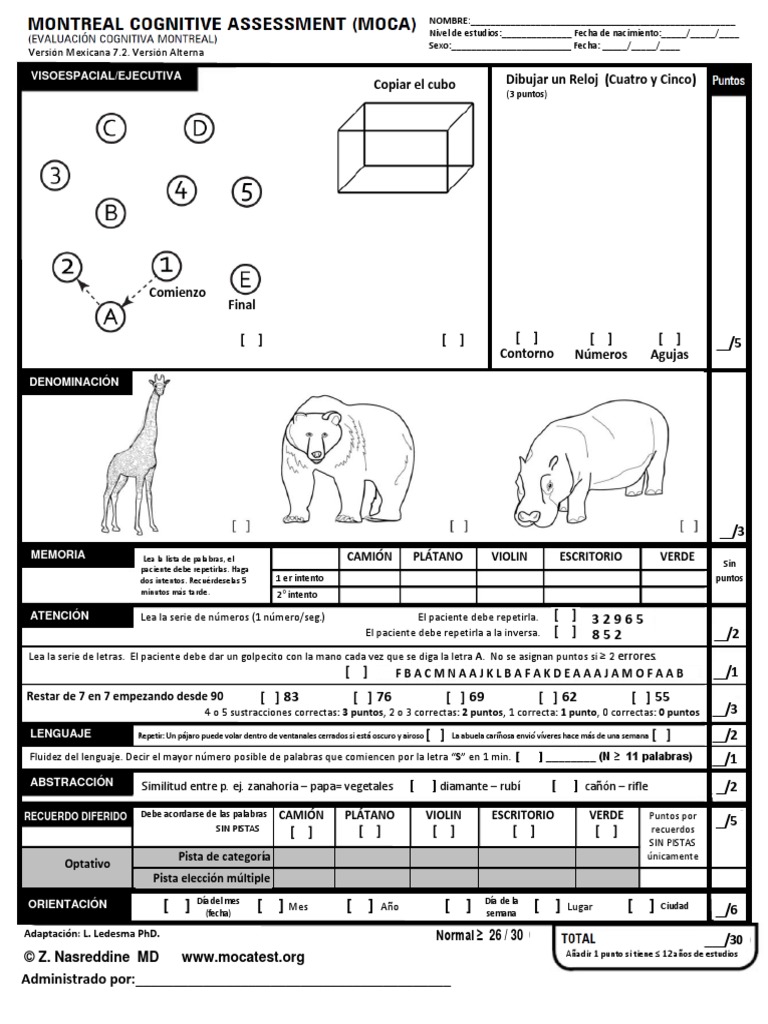
Sixth Image:

Seventh Image:

Eighth Image:
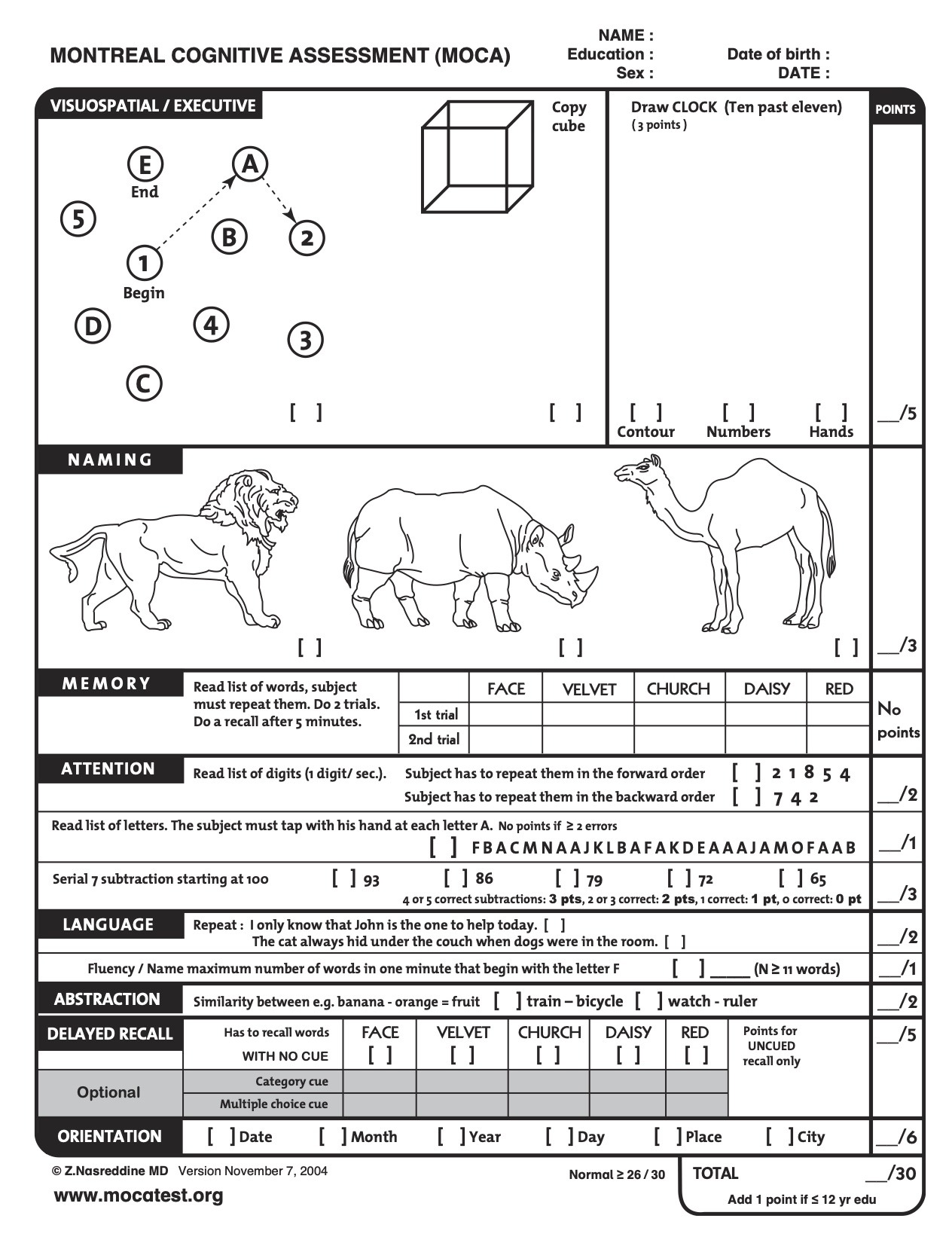 Thank you for joining me today and learning about the MoCA test. I hope you found this information helpful and informative. If you have any questions or comments, please feel free to leave them below. Take care and stay curious!
Thank you for joining me today and learning about the MoCA test. I hope you found this information helpful and informative. If you have any questions or comments, please feel free to leave them below. Take care and stay curious!
Ninth Image:
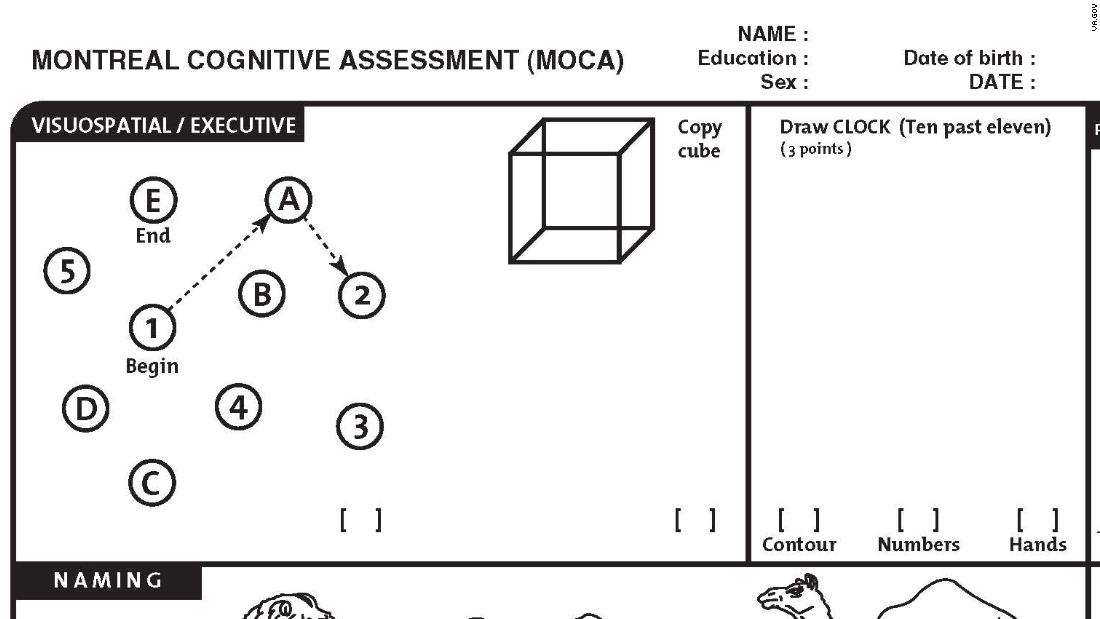 Disclaimer: The information provided in this post is for educational purposes only and should not be used as a substitute for medical advice. If you have any concerns about your cognitive health, please consult with a healthcare provider.
Disclaimer: The information provided in this post is for educational purposes only and should not be used as a substitute for medical advice. If you have any concerns about your cognitive health, please consult with a healthcare provider.
Tenth Image:
 Please note that the MoCA test is copyrighted and should only be used for personal or educational purposes.
Please note that the MoCA test is copyrighted and should only be used for personal or educational purposes.